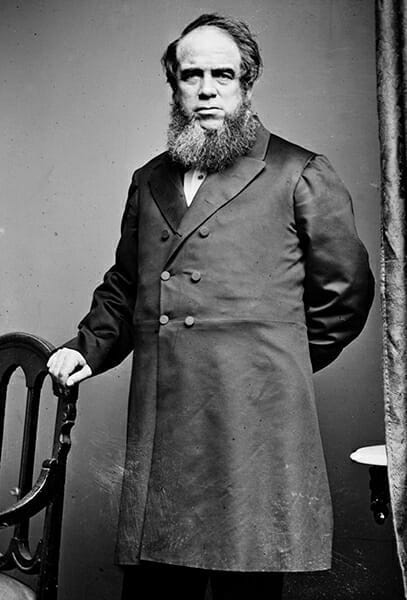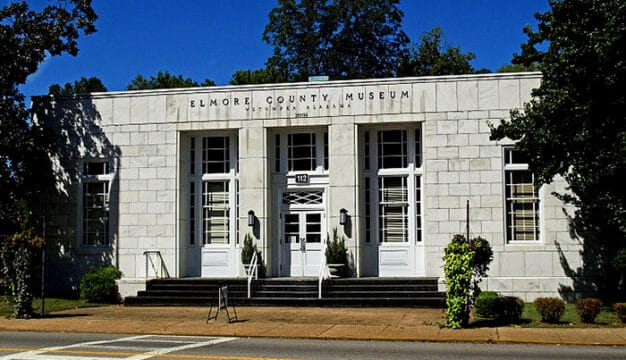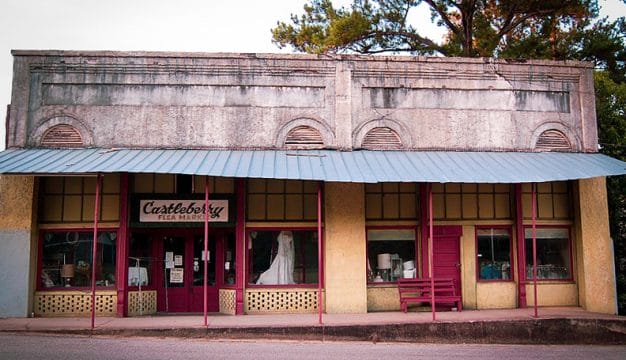Francis William Kellogg
 Francis William Kellogg
Francis William Kellogg (1810-1879) served as a U.S. representative for Alabama’s First Congressional District, a federal tax collector in southern Alabama, and a representative of Michigan in both the state and federal legislative branches. Kellogg was also a colonel in the Union Army during the American Civil War and a businessman in the lumber industry.
Francis William Kellogg
Francis William Kellogg (1810-1879) served as a U.S. representative for Alabama’s First Congressional District, a federal tax collector in southern Alabama, and a representative of Michigan in both the state and federal legislative branches. Kellogg was also a colonel in the Union Army during the American Civil War and a businessman in the lumber industry.
Born in Worthington, Massachusetts, on May 30, 1810, to Giles and Eunice Palmer Kellogg, Francis William was one of nine siblings. He received a limited education from the common schools and married Emeline White in 1832. The couple moved to Columbus, Ohio, in 1833, then to Grand Rapids, Michigan, in 1855. The pair would have two children, both of whom died at an early age.
Kellogg worked in the lumber industry, and was part-owner of the firm Kellogg, White, and Company along with his brother George Ward Kellogg and others. The firm was located at Kelloggsville in Kent County, Michigan, a town that is said to have been named after him. Kellogg was a strong advocate of temperance, traveling to England to lecture on the cause in 1852 and later taking his work to Canada. Kellogg first sought legislative office in the mid-1850s and was elected to the Michigan State House of Representatives where he served in that capacity in 1857 and 1858. Kellogg then ran successfully for the U.S. House of Representatives, a post he held from March 4, 1859, to March 3, 1865. Kellogg served in the Thirty-sixth and Thirty-seventh Congresses representing Michigan’s Third Congressional District and in the Thirty-eighth Congress representing the Fourth Congressional District following a redistricting. During these terms, Kellogg served on the U.S. Committee on Invalid Pensions, Committee on Public Lands, Committee on Expenditures in the Post-Office Department, and Committee on Military Affairs. He supported and voted for the Thirteenth Amendment abolishing slavery, having given a passionate speech on the House floor in 1864 regarding the evils of the institution. Kellogg was a supporter of the Union during the Civil War and organized the Second, Third, and Sixth Michigan Cavalry Regiments. He served as colonel of the Third Michigan from December 1861 to March 1862. The Second and Third saw service in many important battles in Virginia, and the Sixth was engaged along the Mississippi River in Louisiana and Mississippi after Kellogg’s departure.
After the war, Kellogg was appointed in 1866 by Pres. Andrew Johnson to a post as tax collector in the southern district of Alabama, and moved to Mobile, Mobile County, where he served for two years. Like many other northerners who either went South or settled in former Confederate states after the Civil War, Kellogg was considered a “carpetbagger.” However, he was elected in 1868 to the U.S. House of Representatives as a Republican for the Mobile district after Alabama’s readmission into the Union. As part of the Fortieth Congress, he served on the Committee on Commerce and introduced bills to provide the New Orleans, Mobile and Chattanooga Railroad permission to build on public lands, a bill granting lands for a rail line from Selma, Dallas County, to Gadsden, Etowah County, and a bill to provide for improvements of Mobile Bay and the city’s harbor. He also introduced legislation that led to the negotiation of lower international postage rates with other countries. He served from July 22, 1868, to March 3, 1869, and was succeeded by Republican Alfred Eliab Buck, a Union officer from Maine.
Following his time in Mobile, Kellogg moved to New York City and later to Alliance, Ohio, where he died on January 13, 1879. He is buried at the Fulton Street Cemetery in Grand Rapids, Michigan.



